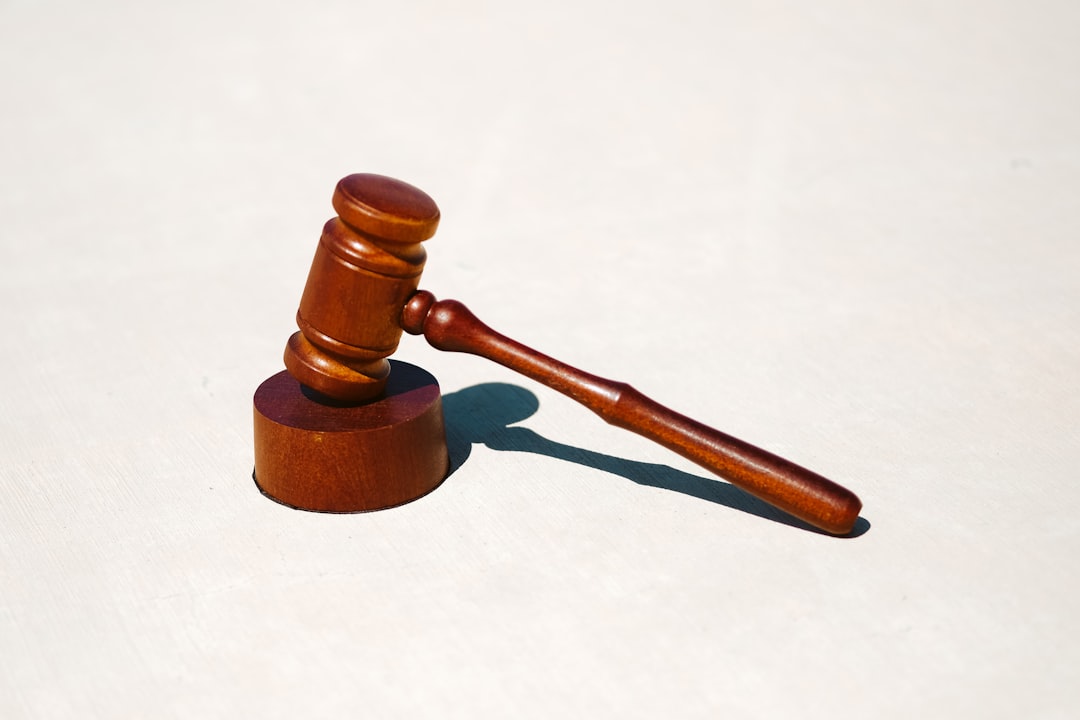“Victims of sexual abuse in Georgia face complex legal paths towards justice. This article aims to guide survivors through their options with expert legal help. We explore Georgia’s sexual abuse laws, emphasizing the vital role a specialized sexual abuse lawyer plays in navigating these cases. From understanding legal processes to available resources, this comprehensive overview ensures victims are equipped to take action. If you or someone you know is a survivor, discover how retaining a sexual abuse lawyer in Georgia can lead to much-needed justice and healing.”
Understanding Sexual Abuse Laws in Georgia

In Georgia, sexual abuse is taken extremely seriously, with laws in place to protect victims and hold perpetrators accountable. If you or someone you know has experienced sexual assault or abuse, understanding your legal rights is a crucial step. A sexual abuse lawyer in Georgia can provide invaluable guidance tailored to the specific circumstances of your case. They will help navigate the complex legal system, ensuring that victims’ rights are protected throughout the process.
Georgia’s laws cover various forms of sexual misconduct, including assault, rape, and exploitation. The state has strict statutes of limitations for filing charges, so prompt action is essential. A qualified sexual abuse lawyer can explain these laws and help determine if a case is viable. They will advocate for victims’ needs, ensuring they receive the support and justice they deserve.
The Importance of Retaining a Sexual Abuse Lawyer

Retaining a sexual abuse lawyer in Georgia is crucial for several reasons, especially given the sensitive and complex nature of these cases. Such legal professionals are well-versed in state laws and have extensive experience handling sexual assault cases, which can significantly impact the outcome of your case. They understand the emotional and psychological toll that survivors endure and provide much-needed support throughout the legal process.
A sexual abuse lawyer in Georgia can ensure that victims’ rights are protected and that they receive the justice they deserve. They navigate the complex legal system, gathering evidence, interviewing witnesses, and constructing a strong case on behalf of their clients. With their expertise, survivors can focus on healing while leaving the intricate details of building a compelling case to an advocate who specializes in sexual abuse litigation.
What to Expect During the Legal Process

When seeking expert legal help for sexual abuse in Georgia, it’s crucial to understand what to expect during the process. A qualified sexual abuse lawyer in Georgia will begin by gathering all relevant details and evidence related to your case. This may involve reviewing medical records, police reports, and any available witness statements. They will explain the legal options available to you, including the possibility of filing a civil lawsuit against the perpetrator or seeking criminal charges.
Throughout the legal process, your lawyer will provide guidance, support, and advocacy. They will negotiate with insurance companies, oppose dismissals, and represent you in court if necessary. It’s important to remember that each case is unique, and outcomes can vary. A sexual abuse lawyer in Georgia will work diligently to protect your rights and seek justice, ensuring that you understand every step of the way.
Resources and Support for Victims in Georgia

Victims of sexual abuse in Georgia have access to a range of resources and support services designed to help them navigate their journey towards healing and justice. The state offers various organizations dedicated to assisting survivors, providing legal aid, counseling, and advocacy. One crucial step for victims considering legal action is to connect with an experienced sexual abuse lawyer in Georgia. These attorneys specialize in handling sensitive cases, ensuring victims receive the support they need throughout the legal process.
Local and national non-profit groups play a vital role in empowering survivors by offering confidential hotlines, support groups, and legal clinics. They provide guidance on reporting abuse, understanding legal rights, and pursuing civil or criminal cases against perpetrators. With the right support, victims can take control of their healing and seek accountability for the trauma they have endured.





